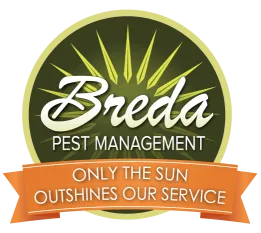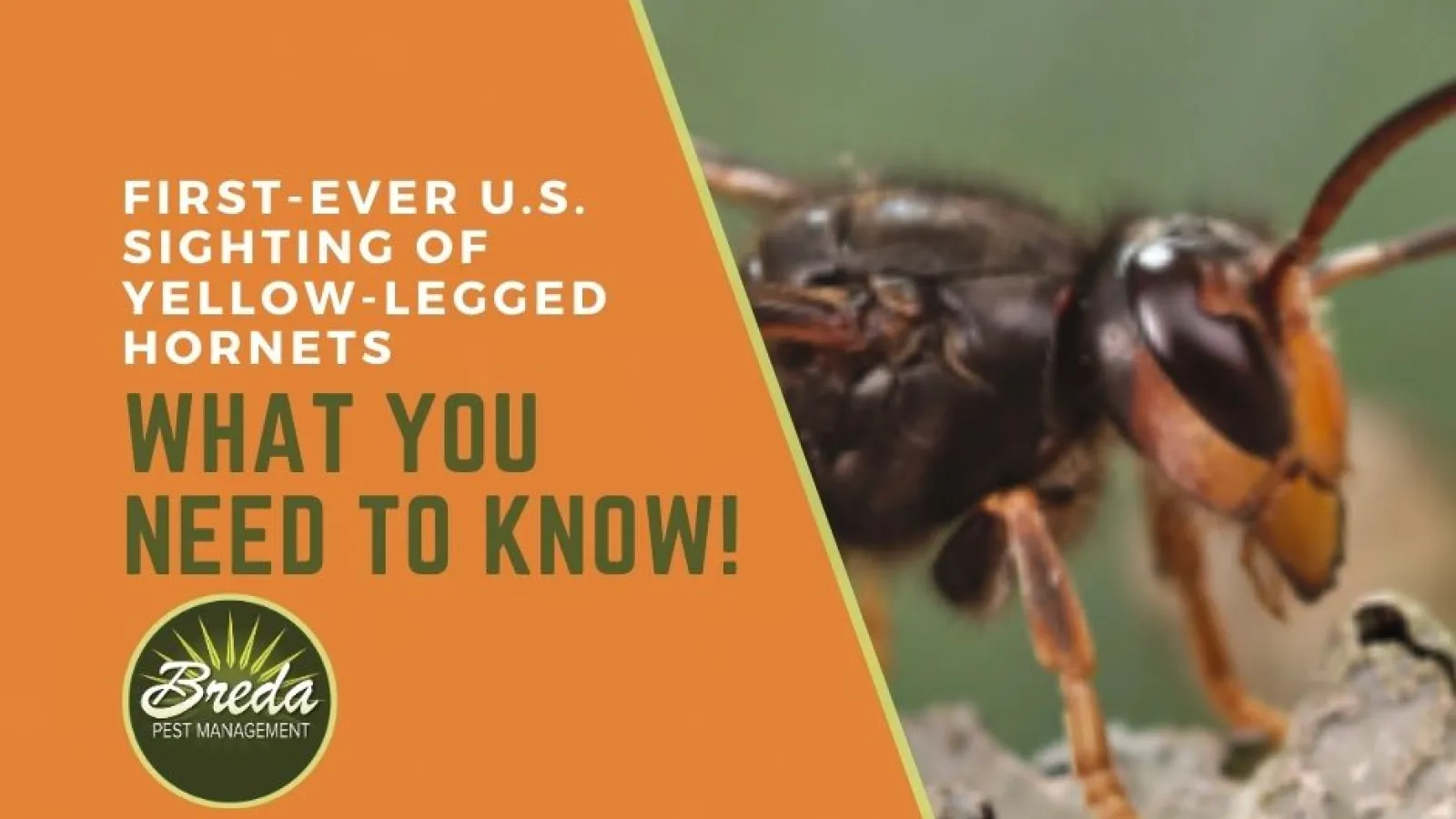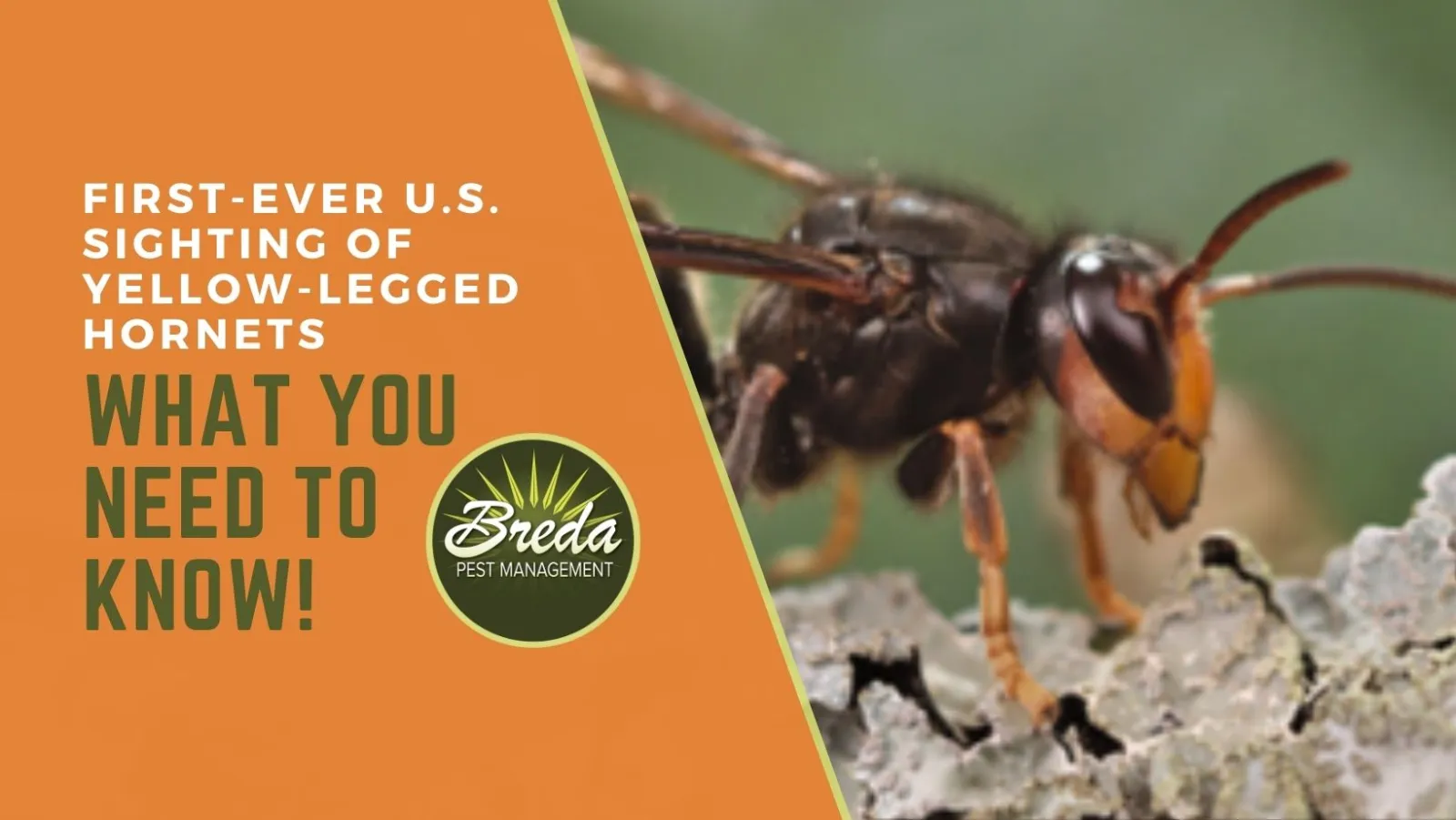
Learn more about the yellow-legged hornet and why it's a threat to Georgia's agriculture industry
In August, Georgia earned the recognition of "first U.S. state to identify a yellow-legged hornet." Ever since, this new pest has been making headlines. But why? Keep reading to learn more about where the yellow-legged hornets are from, the potential environmental impact this invasive species could have on Georgia's agriculture industry, and what to do if you spot a yellow-legged hornets nest on your property.
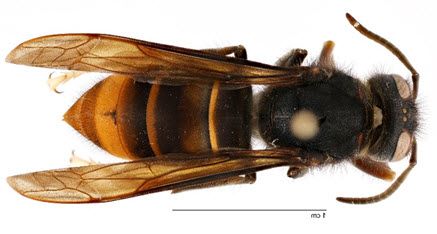
Where Did Yellow-Legged Hornets Come From?
The yellow-legged hornet is native to Southeast Asia and has been spotted in European countries since 2004. In August 2023, the first yellow-legged hornet was identified in Georgia, which is the first time the insect has made its way across the Atlantic Ocean. Yellow-legged hornets have unique nests, which is helpful in correctly identifying them.
In a recent article, Penn State described yellow-legged hornets nests like this: "While most social wasps construct a single nest during the year, yellow-legged hornets make two. After a queen emerges, she constructs an 'embryo' nest, in which she rears the first set of workers. After these workers emerge, they construct a 'primary' nest around the embryo nest, which is irregular in structure. Then, during the summer the workers construct a new 'secondary' nest, which the workers and queen move to. This secondary nest is usually constructed higher off the ground compared to the primary nest, often in a tall tree, and egg-shaped." (Source)
Are Yellow-Legged Hornets Dangerous?
While they do not pose a serious threat to humans, yellow-legged hornets can cause detrimental harm to the bee and wasp populations. The yellow-legged hornet's impact on the honeybee population is what is especially worrying to American farmers and gardeners. The honeybee is already struggling with other environmental factors that are hindering their ability to pollinate crops and produce honey. If the yellow-legged hornet population expands in Georgia, farmers will be heavily impacted and we could see major repercussions in the agriculture market. The largest industry in Georgia is agriculture, so a reduction in pollination of crops would have a widespread impact on the state's revenue.
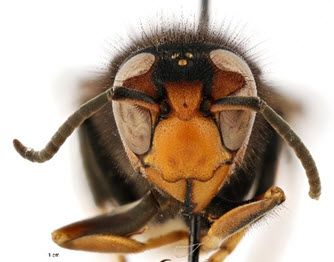
How Do You Get Rid of Yellow-Legged Hornets?
Southeast Asia has a similar climate to Georgia, which is why there is a very real chance that the yellow-legged hornet will be able to establish a new home here very quickly. Getting rid of yellow-legged hornets is not any different than getting rid of a wasp nest. If you spot a yellow-legged hornet nest, it is imperative that you file a report with the Georgia Department of Agriculture. With the potential risk to Georgia's agriculture industry, it is gravely important that any yellow-legged hornet nest is destroyed properly and thoroughly by professionals. If you suspect that you have a nest on your property but aren't sure, contact BREDA Pest Management and one of our pest control technicians will quickly come to inspect the nest and advise on the proper next steps for removal of the nest and any yellow-legged hornets present.
If you're tired of wondering what the pests in or around your home are doing and just want them gone, don't hesitate to give us a call. The BREDA Guarantee promises to protect your home and keep it protected—no matter the circumstances. Schedule an inspection online or give us a call at 770-466-6700.
